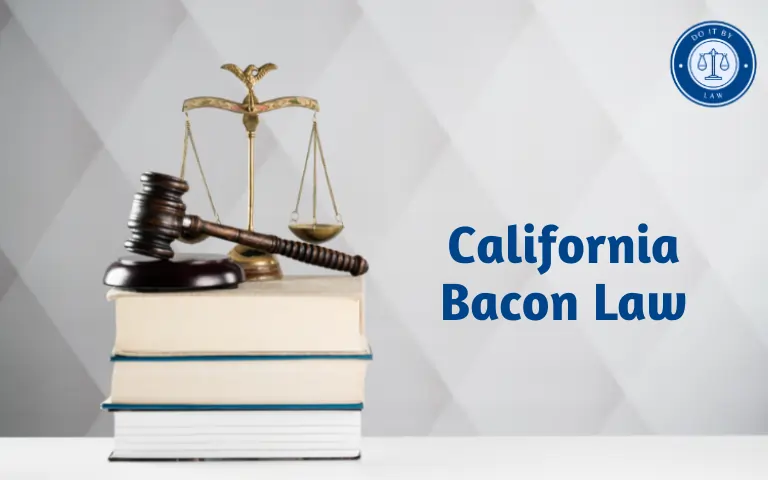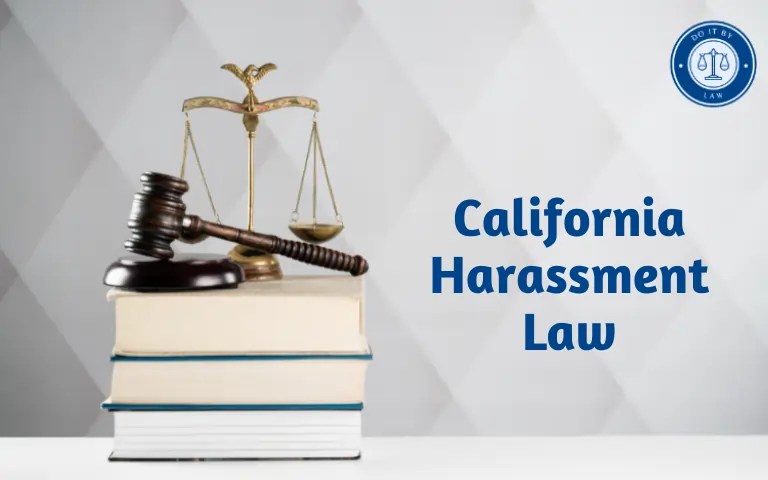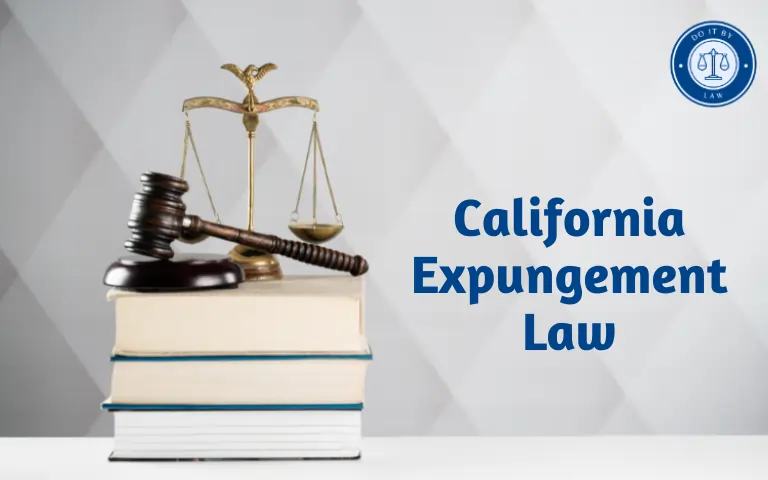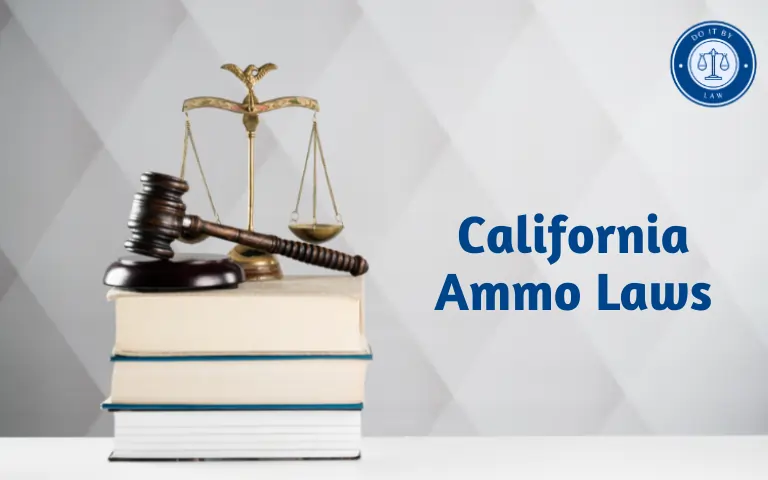California Maternity Leave Laws: What You Need to Know
California State has comprehensive laws and protections regarding maternity leave for expecting and new mothers. Understanding the requirements, benefits, eligibility, qualifying reasons, pay, job protections, and recent controversies can help both employees and employers navigate California Maternity Leave Laws effectively.
When Were California Maternity Leave Laws Enacted and Why?
- Initial maternity leave rights were enacted in 1978 under pregnancy disability leave laws.
- Protections expanded over decades to support working mothers.
- Aims to allow reasonable time off for health, bonding, and family care.
- Also prohibits discrimination and retaliation related to maternity.
- Key laws include the California Family Rights Act, the Pregnancy Disability Leave Law, and anti-discrimination statutes.
Who Is Covered by California Maternity Leave Laws?
- Employees working for employers with 5+ employees.
- Covers full-time, part-time, temporary, and seasonal workers.
- Applies equally to private and public sector employees.
- Employees must meet eligibility requirements based on tenure, and hours worked.
- Protections extend to mothers, fathers, and adoptive parents in some cases.
Key Provisions and Requirements:
- Up to 4 months of job-protected leave for pregnancy disability under CFRA.
- 12 weeks bonding leave for mothers and fathers to bond with a newborn or adopted child.
- Continued employer-provided health coverage during maternity leave.
- Job reinstatement rights upon return from maternity leave.
- Leave does not need to be taken consecutively. Intermittent leave allowed.
- Mothers must be accommodated as needed such as modified duties, and frequent breaks.
- Employees must give 30 days advance notice when possible.
- Employers may require medical certification.
- Some pay is required through the State Disability Insurance program.
Penalties for Violating the Laws:
- Employees can file complaints with the Department of Fair Employment and Housing.
- Lawsuits for reinstatement, back pay, damages, and attorney fees.
- Fines up to $10,000 for willful, repeated violations.
- Employers can be prosecuted for misdemeanor charges.
- Negative publicity, loss of reputation.
California Maternity Leave Laws Recent Changes and Proposals:
- SB 1383 (2020) – 12 weeks of job protection for baby bonding expanded to smaller firms.
- SB 943 (2020) – Baby bonding leave expanded for military members.
- AB 2012 (2020) – Increased fines for violation of leave laws.
- Consideration of state-level paid family leave program.
- Calls to expand CFRA coverage and increase wage replacement.
California Maternity Leave Laws Controversies and Challenges:
- Complex interacting state and federal laws cause confusion.
- Limits on monetary damages make some lawsuits unattractive.
- Access, and eligibility barriers for hourly, blue-collar workers.
- Costs and logistical difficulties for small businesses.
- Some violations go unreported due to fear of retaliation.
- No guarantee new mothers can return to the same job duties.
- California family leave is considered inadequate by many advocates.
Conclusion:
California has extensive protections for working mothers before, during, and after maternity leave. Both employees and employers need to understand the entitlements, eligibility, benefits, reinstatement rights, and potential penalties involved in the laws. There are ongoing efforts to enhance maternity leave further in California by improving job protections, expanding access, and increasing wage replacement for new parents.
Frequently Asked Questions on California Maternity Leave Laws
References:







